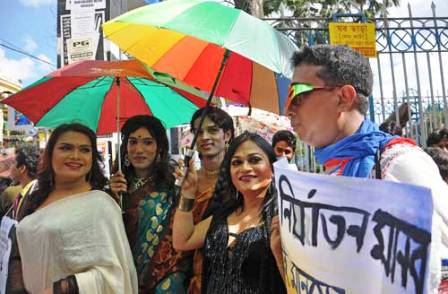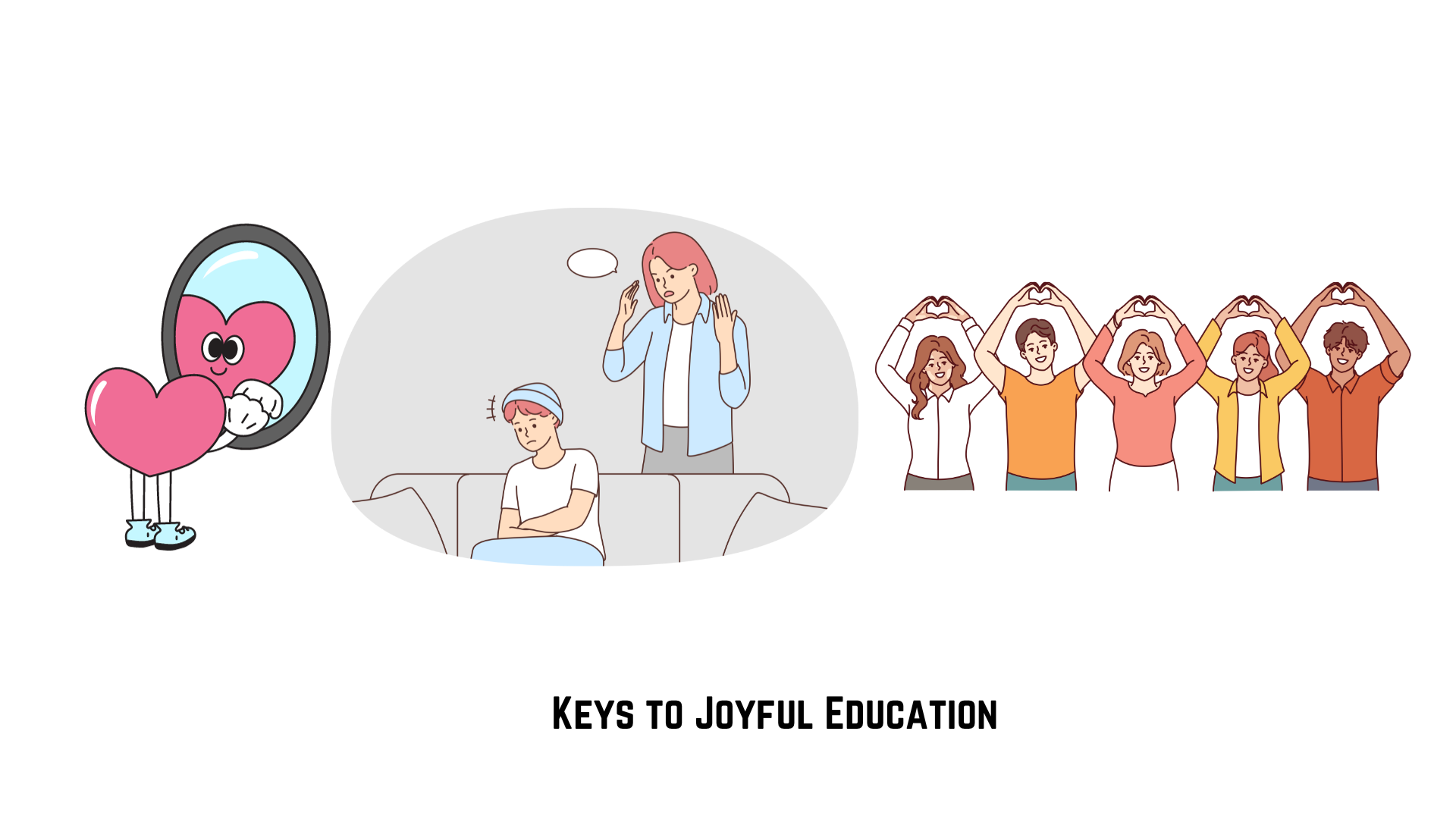Trending Now
- 830 voters names go missing in Kavundampalayam constituency
- If BJP comes to power we shall consider bringing back electoral bonds: Nirmala Sitaraman
- Monitoring at check posts between Kerala and TN intensified as bird flu gets virulent in Kerala
Columns
Why gay rights are inevitable in India…
![]() February 5, 2016
February 5, 2016
Sunil Rajguru
With the Supreme Court’s decision to re-open the debate on Section 377 (that criminalizes homosexuality), the LGBT (lesbian, gay, bisexual, and transgender) community in India has received a huge fillip.
But no matter what the final SC ruling happens to be, gay rights are inevitable and it’s just a matter of time before this community gets full legal and social status in India. There are a number of reasons for this.
For one, gay relationships cannot really be banned. They are flourishing and increasing in number in India as in the rest of the world. If the laws are against them, then they will go underground, that’s all.
The ones that are out in the open can face police humiliation and be taken to court. It is actually this “right not to be harassed” that is being fought for. The number of famous historical gay figures could fill a book. Those touted as gay range from the likes of Alexander the Great to Leonardo da Vinci.
LGBT themes abound in Hinduism too. Our texts are full of discourses related to same sex desires. Most prominent among them is the celebrated Kamasutra. The Sushruta Samhita is another such text while Khajuraho sculptures also depict homosexuality. Similar depictions have been seen in other old temple complexes.
The third gender concept is very common too. Ardhanarisvara was the androgynous form of Shiva and Paravati. Vishnu took the form of Mohini during the manthan (churning tale). Arjun briefly became a transgender in the Mahabharata epic.
In 2001 a Hindu priest actually married a lesbian couple in Chhattisgarh in a proper Hindu ceremony. Sri Sri Ravi Shankar famously stated, “Homosexuality has never been considered a crime in Hindu culture,” and he added, “To be branded a criminal for this is absurd.”
Section 377 was not an Indian concept but a British one brought in by the Empire in 1860. The United Kingdom brought in the Sexual Offences Act 1967 which decriminalized homosexuality.
Isn’t it ironic that when the British junked their own version of Section 377 we are still clinging on to a British relic 156 years after they gave it to us and 49 years after they gave it up!
As democracies evolve, the government is withdrawing from getting into the personal lives of its citizens. A simple question to be asked is: What right does the government have to get into people’s bedrooms?
The Government of India’s slogan—Minimum Government. Maximum Governance—could well be applied to LGBT rights too!
In evolved societies adults are free to make their own choices and that includes the sexual domain too. Many Western societies have already legalized it and we are slowly heading in that direction.
Complications have already arisen. What happens when a foreign diplomat who is gay enters India? What if he or she happens to bring in a gay partner? BJP leader
Yashwant Sinha brought this up during the Devyani Khobragade spat with the US.
Finally it is people’s movements along with strong leadership which brings about a change. The anti-corruption movement of 2011 totally rubbished UPA2 and brought about a new awareness for financial crimes.
The 2012 anti-rape agitation brought about the Justice Verma recommendations. The LGBT protest has been a consistent one and is gaining popularity. There is no reason why it should not succeed.
It is getting prominent voices in its favour and getting its leaders. Global writer Vikram Seth is one such voice. Bollywood actress Celina Jaitley spoke against Section 377 at the United Nations. Late Bengali filmmaker Rituparno Ghosh came out of the closet and fought strongly for LGBT rights.
Then there’s Bollywood filmmaker Karan Johar who has introduced subtle gay themes in most of his movies. The AIB Roast in Mumbai saw Karan, Ranveer Singh and Arjun Kapoor give a bold show that abounded in vulgarity and homosexuality. While that got into a lot of trouble such events serve as a battering ram that will eventually bring down the door.
The Kya Kool Hain Hum movie series have also dealt with vulgarity and homosexuality and while they have been rubbished by the critics, they have their role in making people discuss these issues.
Great progress has already been made in the case of the transgender. Tamil Nadu led the way when it recognized it at as the third sex and even gave ration cards. It’s just a matter of time before gays get similar gay rights in India.
Disclaimer:The views expressed above are the author’s own






















